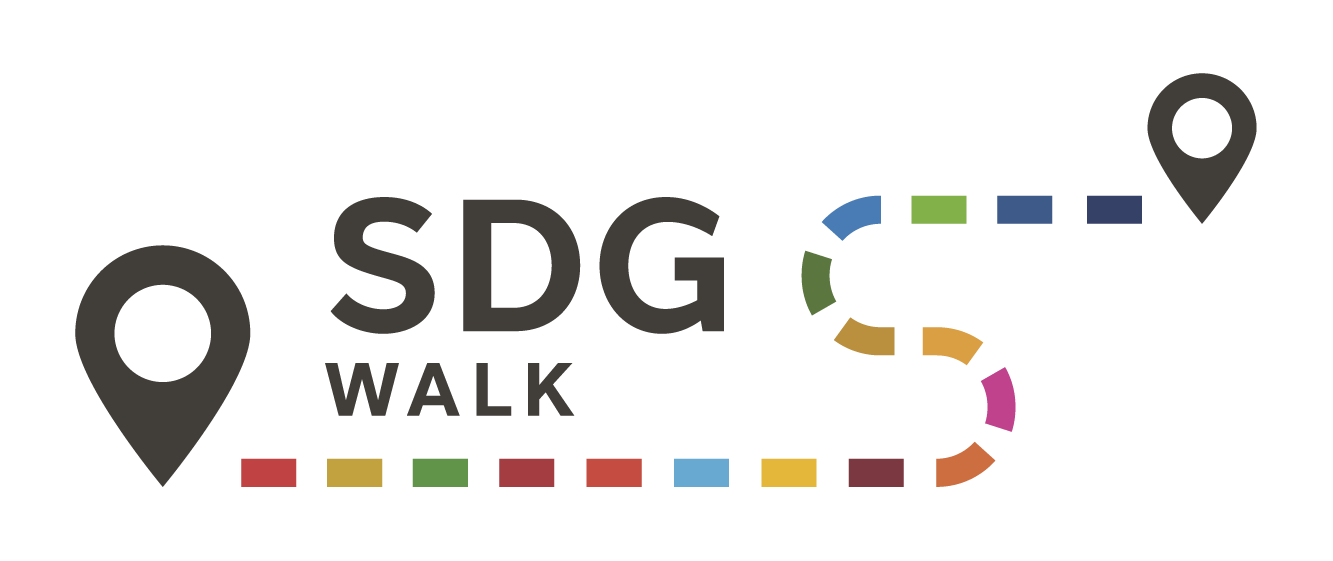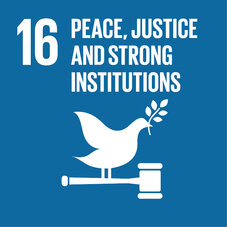
SDG 17: PARTNERSHIP FOR THE GOALS
The last SDG is dedicated to the framework conditions necessary to achieve the other SDGs. It defines the political, economic and fiscal framework conditions to realise sustainable development in all countries.
To finance the SDGs, countries should have sufficient tax revenues of their own. The outflow of potential tax money into tax havens should be prevented. In addition, money should be made available, for example, through development cooperation. Measures should also be taken against the indebtedness of developing countries. With measures against corruption, existing finances can be used for sustainable development.
Access to and use of environmentally sound technology is also an important framework condition for sustainable development. The exchange of knowledge and cooperation between the global North and South should be promoted.
The trading system should be open, non-discriminatory, equitable and rule-based.
Policy coherence for sustainable development should be improved. This means that all political decisions should enable global sustainable development.
We can only achieve the SDGs together, with all actors. To this end, partnerships should be strengthened. Both global partnerships and partnerships between public, private and civil society actors.
To know if we are on the right track, we need data. In order to be able to identify inequality and discrimination against certain people, data must be disaggregated by income, gender, age, ethnicity, migration status, disability, geographical location and possibly other relevant characteristics.
Current situation:
Worldwide: Remittances flows (USD 508 billion) surpassed the sum of Foreign Direct Investments (USD 259 billion) and overseas development assistance (USD 179 billion) in 2020. (Migration Data Portal)
Switzerland: Switzerland spends 0.48% of its gross national income (GNI) on development cooperation. (SDC: Switzerland's official development assistance)





